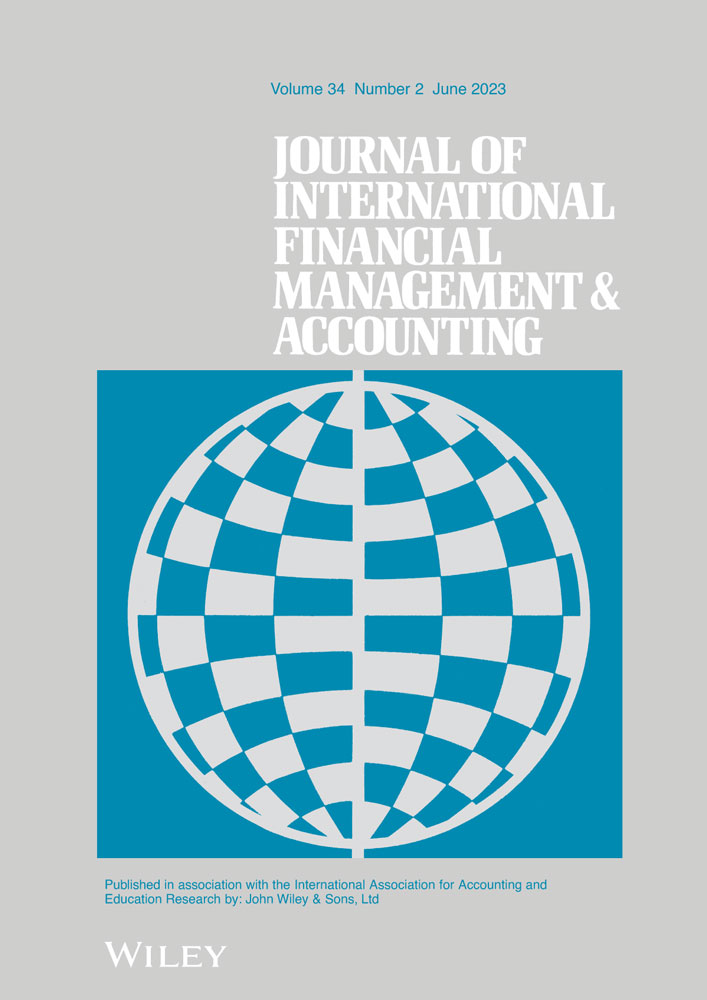Provincial Industrial Policy and Corporate Emissions: Evidence From China
Abstract
Industrial policy plays a crucial role in economic development and is gaining increasing attention. While previous literature has demonstrated the positive impact of these policies on economic and industrial growth, their environmental impact remains unclear. Using establishment-level data, we investigate how Chinese provincial industrial policies affect corporate pollution levels. We find that establishments encouraged by provincial industrial policies exhibit significantly higher sulfur dioxide (SO2) emissions. This effect is mainly driven by: (1) lower risks of environmental penalties, (2) increased use of cost-effective but polluting energy sources, and (3) reduced investments in environmental technologies. The impact of provincial industrial policies on a firm's emissions is more pronounced under certain conditions: when local governments face substantial economic pressures; when government officials are locally promoted or have a high probability of political promotion; when firms are economically important or state-owned; when firms lack rigorous external oversight; and when firms operate in environments with higher citizen environmental participation. Our findings suggest that industrial policies aimed at rapid economic growth may conflict with environmental goals, providing insights for policymakers on balancing economic development and environmental protection in emerging economies.

 求助内容:
求助内容: 应助结果提醒方式:
应助结果提醒方式:


